950+
Organizations use Psylaris products
7500+
Therapists use our software worldwide
100.000+
Completed sessions with our applications
When you have a compulsive disorder, you are very perfectionist. In almost every area, everything must go correctly and in an orderly fashion. If this does not happen the way you want, you panic or even get angry. You will never delegate tasks, because nobody can do it better than you. There are few grey areas in your life. It is mostly black and white. It is either wrong or right.
The main characteristic of this personality disorder is that you always want to do and have everything perfectly. The house must be perfectly tidy, not too much money must be spent, so you keep very precise accounts, and everything you do must be perfectionist and orderly. If things are not orderly, there is enormous tension. This is also why delegating is not an option for these people, only how they do it is right. This also means that relationships are difficult. Nobody can ever get it right and this also puts a lot of pressure on, for example, a family.


Treatment will often be aimed at showing the person with this personality disorder that something can also be done in other ways. Not only his/her way is good, there are also other ways. If you can accept this, you will no longer feel a great deal of tension and pressure and you may even dare to delegate at some point. If the personality disorder is deeper rooted or clearly originates from a trauma, trauma treatment by means of EMDR is very effective.
EMDR stands for Eye Movement Desensitization and Reprocessing and is a treatment in which targeted treatment is given to process traumas by means of distraction. The distraction consists of a hand gesture by the therapist or a sound signal through headphones. The distraction takes place at the moment you recall the traumatic event. The traumatic moment is suddenly interrupted and the thought is dropped for a moment. It turns out that if this happens repeatedly, at a certain point you can recall the event much more easily and with less or even no emotion. It is as if the event has been given a place and the trauma is gone.
Psylaris is working on innovations for the GGZ. It makes mental health care more accessible for clients and more efficient for practitioners. With EMDR in VR Psylaris has developed a virtual reality module. Virtual reality has become an indispensable part of the mental healthcare system and is used for various types of treatment. In the EMDR module, the main focus is on the distraction that is experienced very intensely when wearing the VR glasses. As a practitioner, you have a lot of choice from different types of distractions and you can create your own distraction tasks using your own photos and videos.
EMDR at a distance can be done with EMDR-Remote. This is the online platform for therapists developed by Psylaris. The platform offers the possibility of video calling through a stable connection and the use of various online distraction tasks. This way, clients who cannot leave their homes can still be treated. With both EMDR-Remote and EMDR-VR, a much more frequent treatment and a faster recovery are possible.
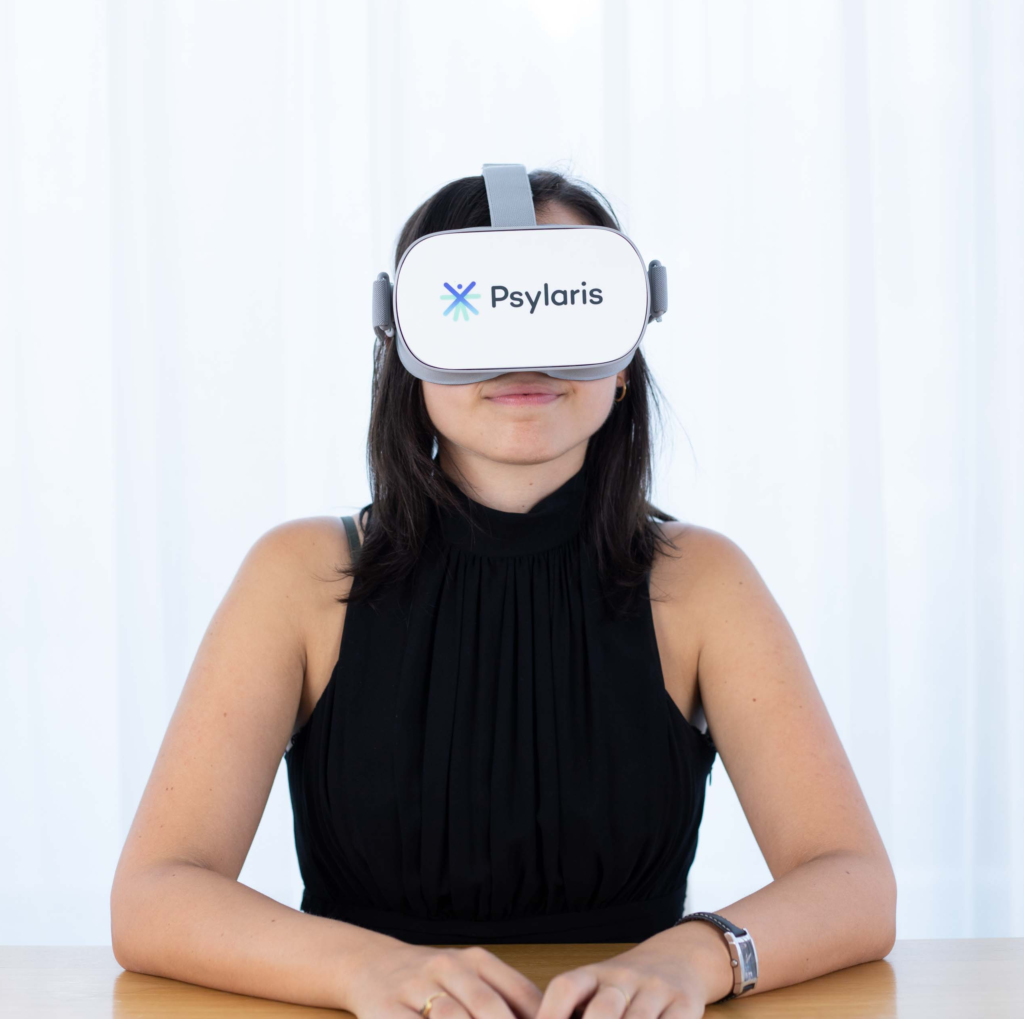
As a developer of modern methods and tools in mental healthcare, Psylaris has also made EMDR easy with modern techniques. Virtual reality, for example, plays an increasingly important role in the mental healthcare sector. With EMDR-VR and EMDR-plus, Psylaris has developed a VR-module. The module can easily be used by the practitioner and has many distraction possibilities. The client gets a more intense distraction than during a regular treatment. The VR glasses can be used both at home and in the treatment room. This makes both the practitioner and the client more flexible.
If the client is unable to come to the practitioner, Psylaris will make it possible for him/her to visit the practitioner. With EMDR-remote it is possible to receive an EMDR treatment at home. EMDR-remote is the online EMDR platform of Psylaris, where the practitioner and the client can conduct an EMDR session via image calling. Once again, the practitioner has many possibilities to distract and the client, who is chained to the house, can still receive treatment.
We believe with the combination of intelligent software and qualified therapists we can develop a system in which everyone, anytime and anywhere has direct access to efficient and affordable psychological care.
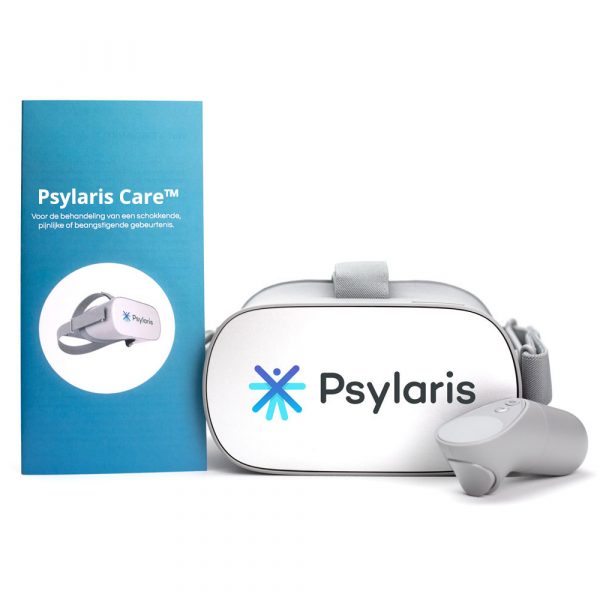
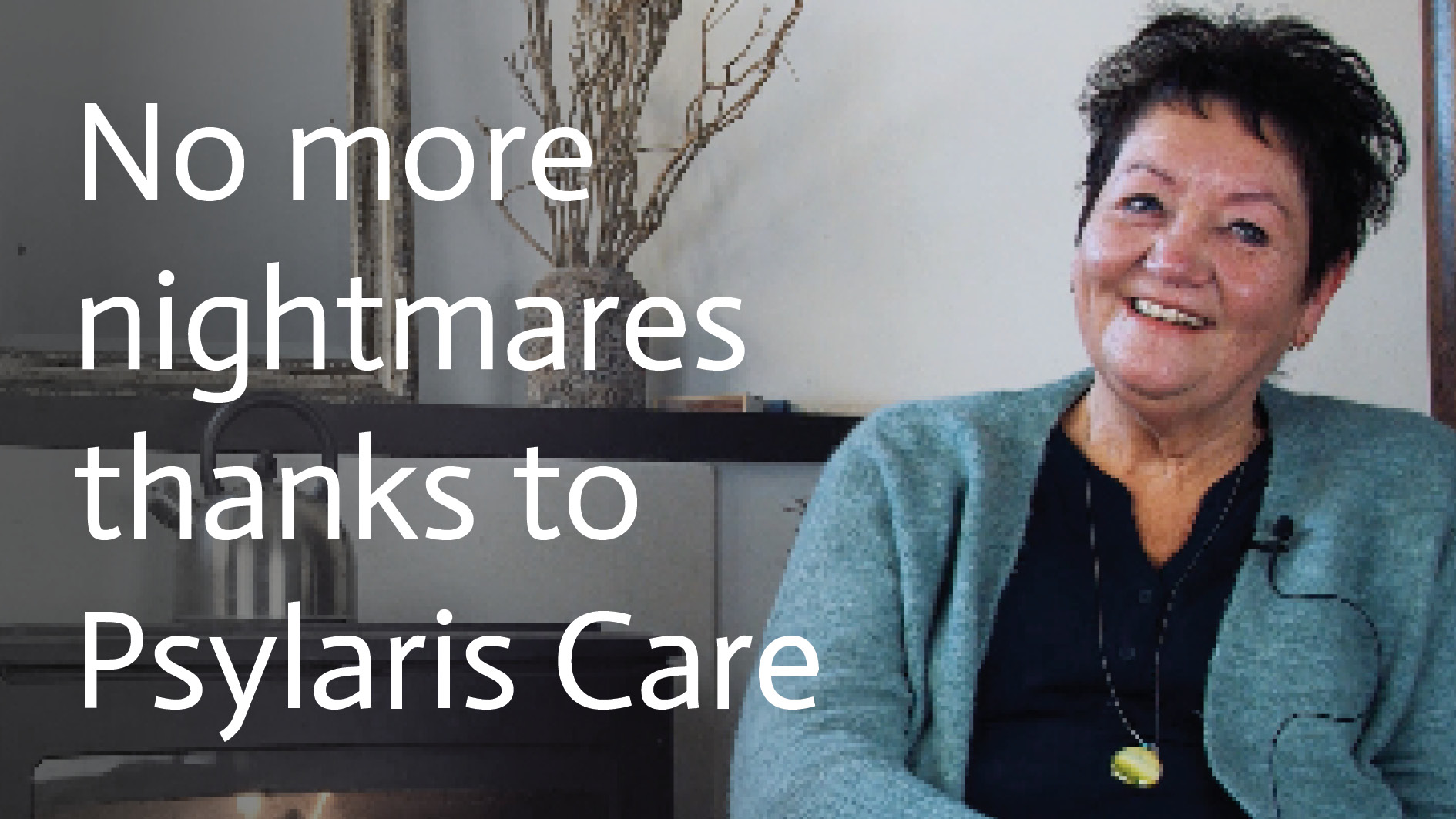
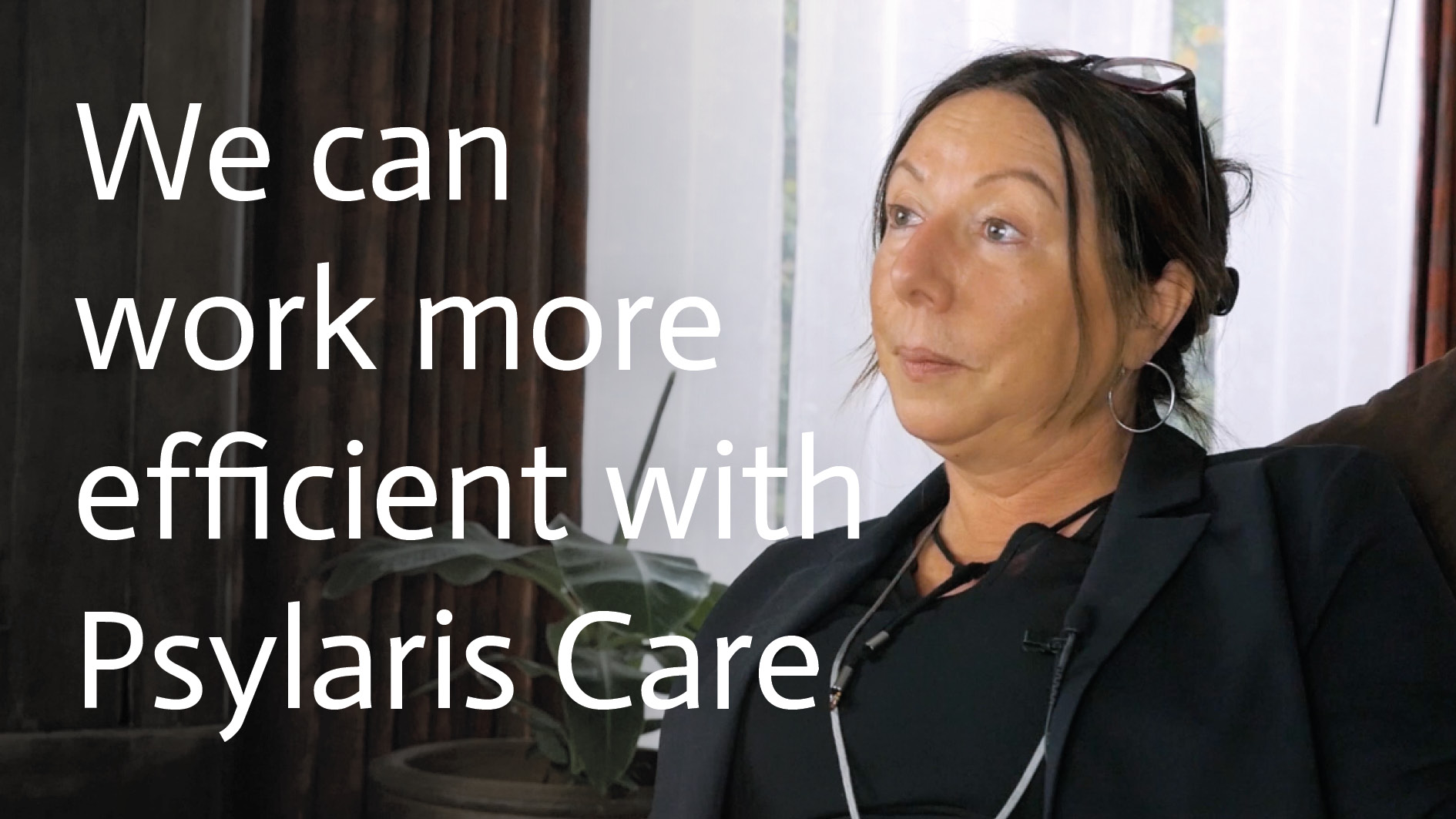
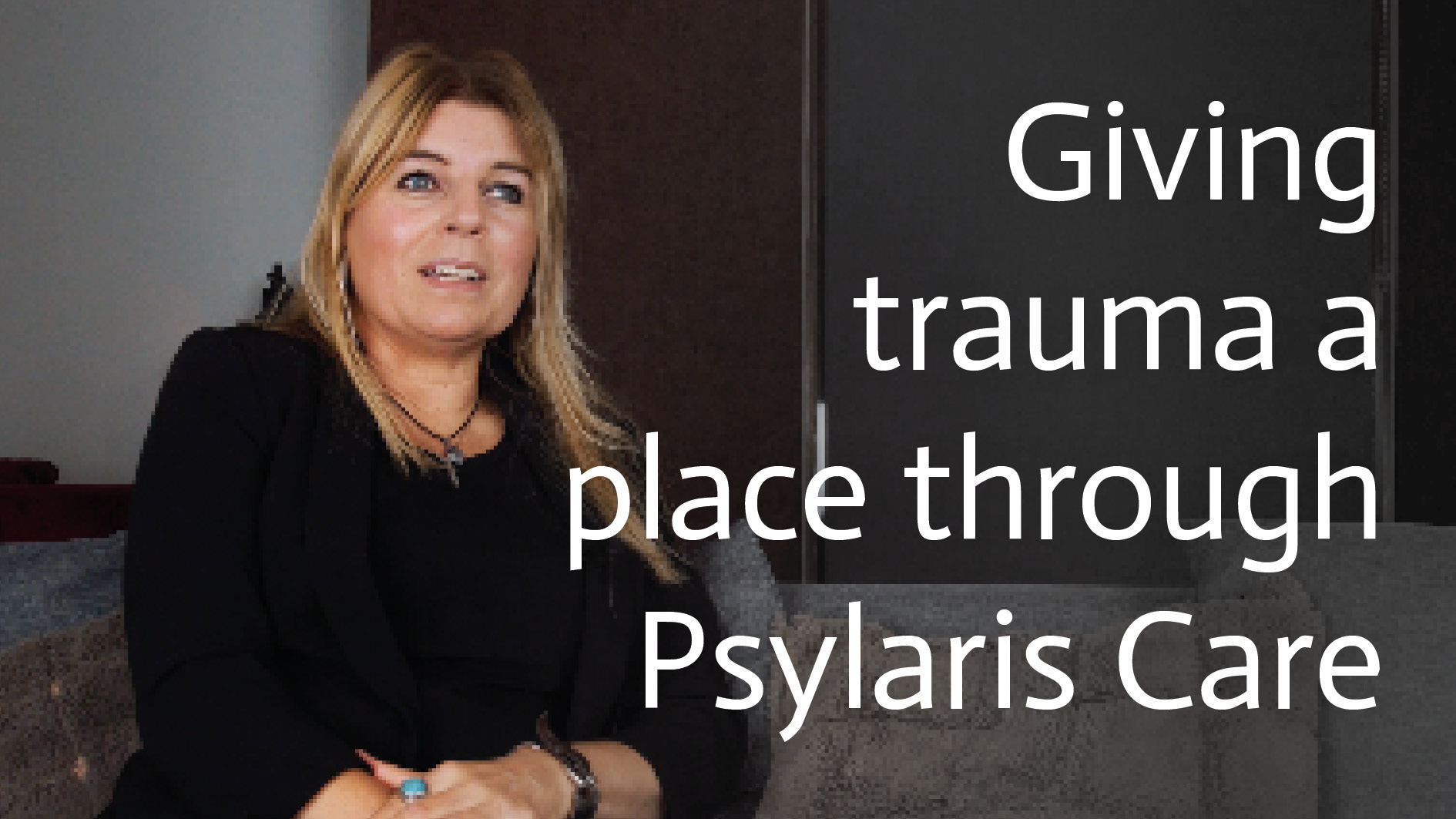
This website uses cookies to ensure that you get the best experience on our website.